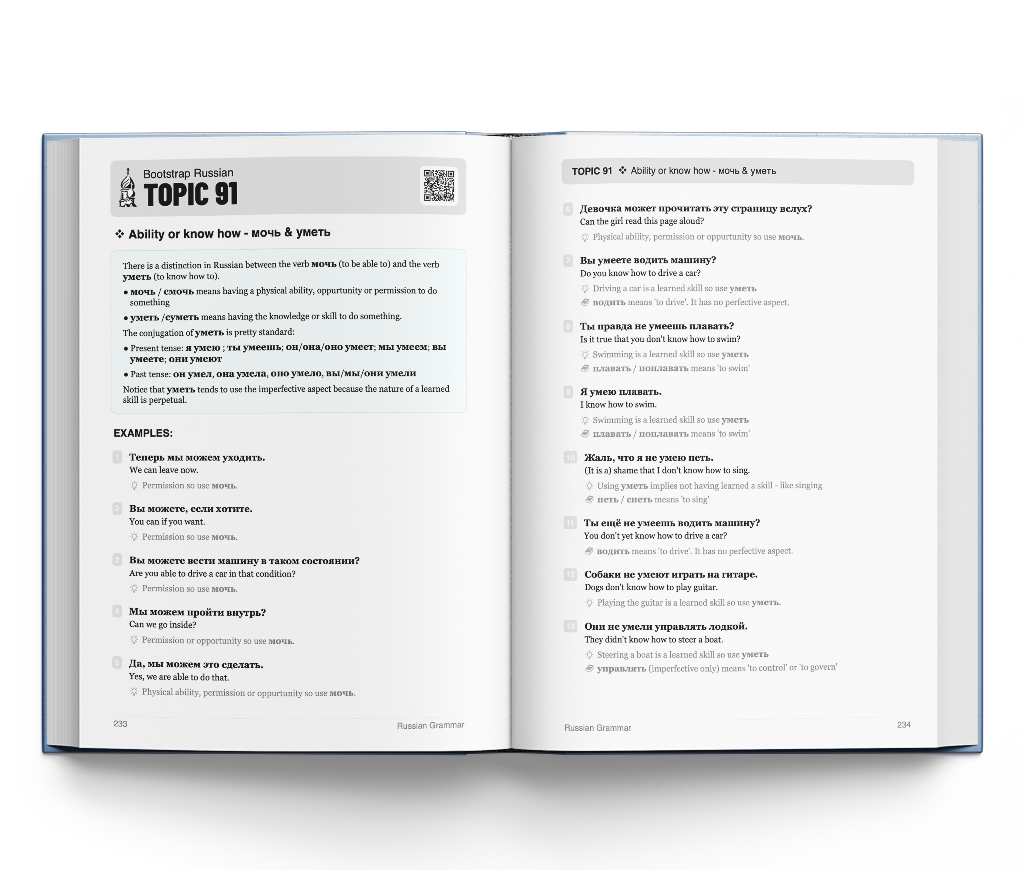
French is a beautiful and romantic language that has captured the hearts of many people around the world. Whether you want to communicate with French-speaking people, visit France, or simply immerse yourself in a new culture, learning French can be a rewarding experience. With the right approach and resources, you can become fluent in French in no time.
Why Learn French?
There are many good reasons to learn French. For starters, French is one of the most widely spoken languages in the world, with over 300 million speakers. It is an official language in 29 countries and is widely used in international business, diplomacy, and education.
In addition to its practical benefits, French is also a rich and fascinating culture. From the art, literature, and fashion of Paris to the music and cuisine of the French-speaking world, there is something for everyone to enjoy. Whether you are interested in history, art, food, or music, learning French will give you a window into a vibrant and diverse culture.
How to Learn French
Learning French can seem overwhelming at first, but with the right approach and resources, it can be a fun and engaging process. Here are some tips to get you started:
- Set achievable goals. Whether you want to be able to have a conversation with a French-speaking friend or to read French literature, setting specific, achievable goals will help you stay motivated and focused.
- Immerse yourself in the language. The best way to learn French is to immerse yourself in it. Watch French films, listen to French music, and speak with native speakers as much as possible.
- Practice regularly. Consistent practice is key to learning any language. Make a study schedule and stick to it, even if it’s just for a few minutes a day.
- Use a variety of resources. From language learning apps to online courses, there are many resources available to help you learn French. Experiment with different resources to find what works best for you.
French Vocabulary and Grammar
Learning French vocabulary and grammar is an essential part of becoming fluent in the language. Here are some of the key components of French grammar:
- Nouns and adjectives. In French, nouns and adjectives have gender and number. This means that they must agree with the noun they are describing in both gender and number. For example, the French word for “book” is “livre,” which is masculine, and the word for “pretty” is “joli,” which is masculine or feminine depending on the noun it is describing. It can take some getting used to, but with practice, it will become second nature.
- Verbs. French verbs are conjugated to match the subject of the sentence. This means that the ending of the verb changes to reflect the subject of the sentence, such as “I speak” versus “he speaks.” There are many irregular verbs in French, so it is important to practice regularly to master them.
- Sentence structure. French sentences have a different structure than English sentences. The subject usually comes before the verb in a French sentence, while in English the subject usually comes after the verb. It is important to learn the basic sentence structure in French to communicate effectively.
- Pronouns. French has a number of different pronouns, including subject pronouns, direct object pronouns, and indirect object pronouns. It is important to learn the different pronouns and their uses to communicate effectively in French.
- Tenses. French has several tenses, including the present, past, and future, which are used to describe actions that have taken place, are taking place, or will take place in the future. It is important to learn the different tenses and their uses to communicate effectively in French.
- Conjunctions. French conjunctions are used to connect words, phrases, and clauses. They can be used to express a variety of relationships, such as time, reason, and result. It is important to learn the different conjunctions and their uses to communicate effectively in French.
In addition to learning the basic grammar rules, it is also important to build your vocabulary. There are many resources available to help you learn new French words, including online dictionaries, flashcards, and language learning apps. The more words you know, the easier it will be to communicate effectively in French.
With consistent practice and a focus on vocabulary and grammar, you can become proficient in French and communicate effectively with native speakers.
French Pronunciation
Pronunciation is a critical aspect of speaking French. While French pronunciation can seem intimidating at first, with practice, you will be able to speak the language with ease. Here are some tips to improve your French pronunciation:
- Listen to native speakers. Pay close attention to the way French-speaking people pronounce words and phrases.
- Practice your pronunciation regularly. Say words and phrases out loud, paying close attention to the sounds you are making.
- Use online resources. There are many online resources available to help you improve your French pronunciation, including videos, audio recordings, and pronunciation exercises.
Conclusion
Learning French can be a fun and rewarding experience, but it takes time, effort, and dedication. By setting achievable goals, immersing yourself in the language, practicing regularly, and using a variety of resources, you can become fluent in French

